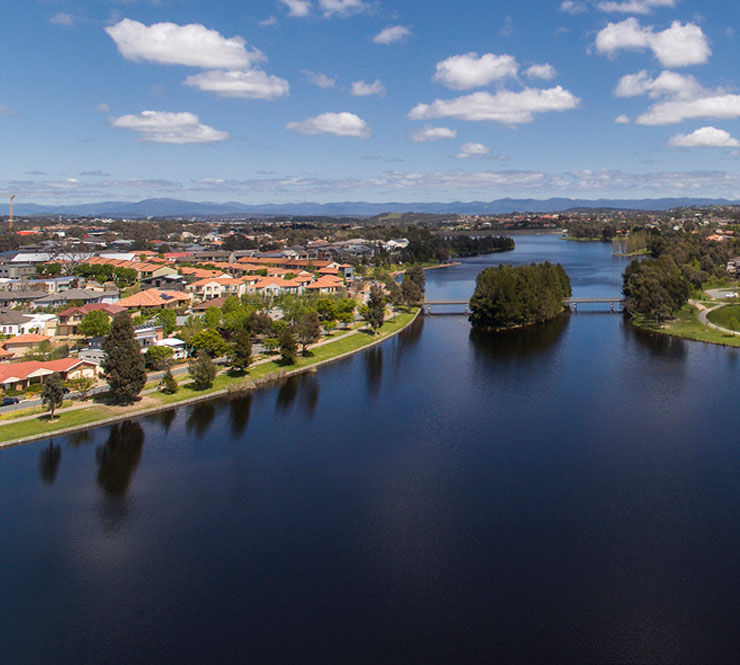COURSE DETAIL
This course provide students with basic training on modern financial mathematics methods, which covers an overview of data analysis, principles of actuarial modelling and financial transactions, the understanding of real and nominal interest rates, the time value of money methods, bond pricing methods, assets replication methods, the equation of value methods, and project appraisals methods. This course focuses on applying the above methods to the mathematical modelling of financial markets.
COURSE DETAIL
This course examines the economic, technological, historical and social aspects that have led to the development of distinctive styles of beer. Students will gain an understanding of what contributes to each style and how sensory assessment of beer is conducted. In addition students will learn about health impacts of alcohol and the responsible service of alcohol.
COURSE DETAIL
This course examines a range of contemporary environmental challenges in Australia and globally, with particular emphasis on climate change, energy transitions, and the role of resources. Through case studies, students will examine the history and emergence of these issues, the key actors involved, and the dynamics that shape their governance. Special attention will be given to the environmental and social impacts of the problems of resource extraction and climate change, as well as the strategies used to manage these two conjoined problems. The subject covers multiple dimensions (scientific, socio-cultural, economic, political) of environmental challenges and highlights the forms of knowledge and power that mediate human-environment relationships. Students will gain insights into the drivers of environmental conflicts and the mechanisms for their resolution, situating these discussions within broader questions of environmental governance, sustainability, and the global shift toward low-carbon energy systems.
COURSE DETAIL
This course examines a range of African American-authored texts, including films, from the 18th century to the present to consider the relationship of race and writing, and the ways African American cultural expression contributes to and interrogates American cultural history. Issues covered include enslavement and freedom, and segregation and Civil Rights.
Pagination
- Previous page
- Page 2
- Next page






